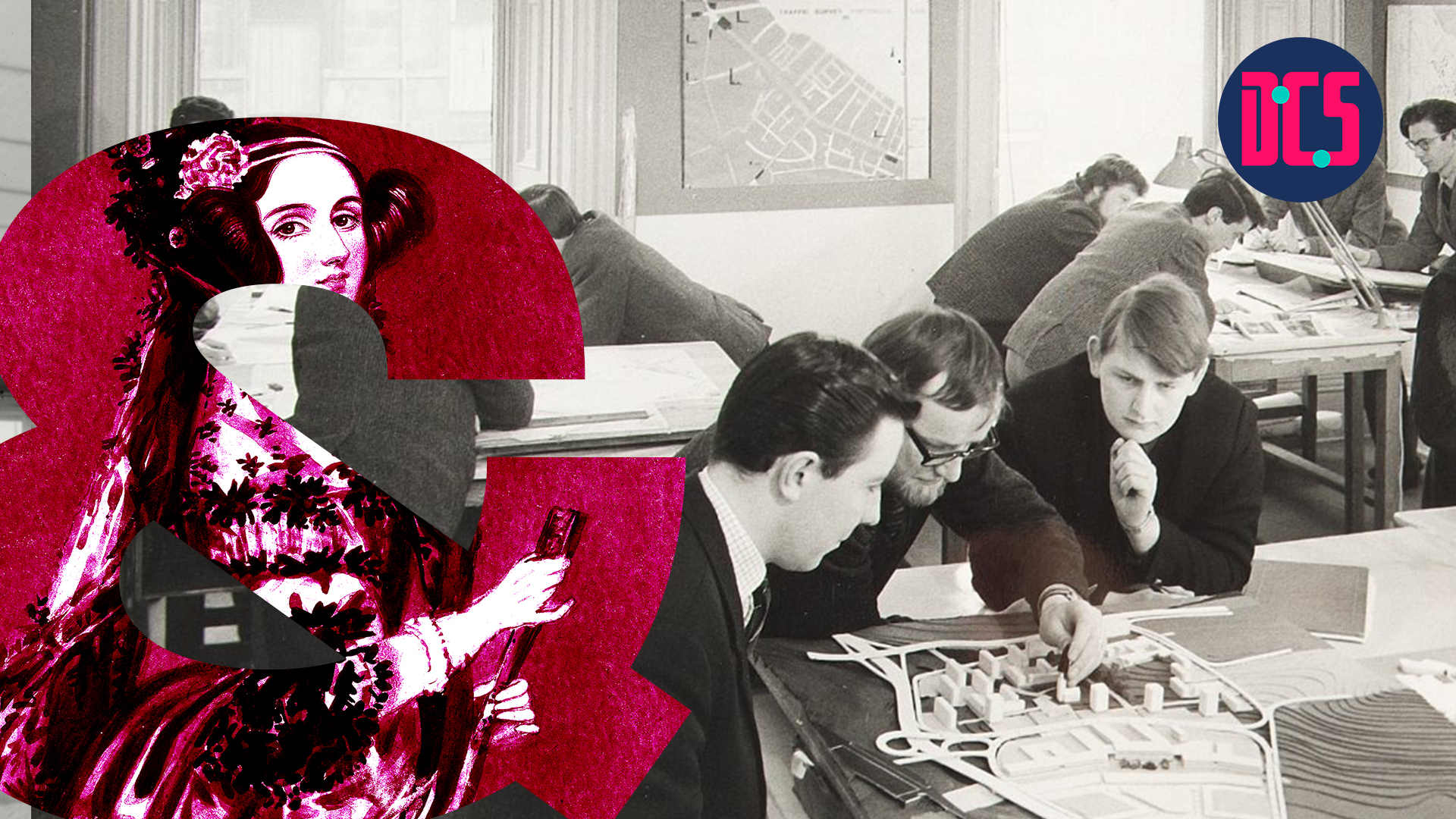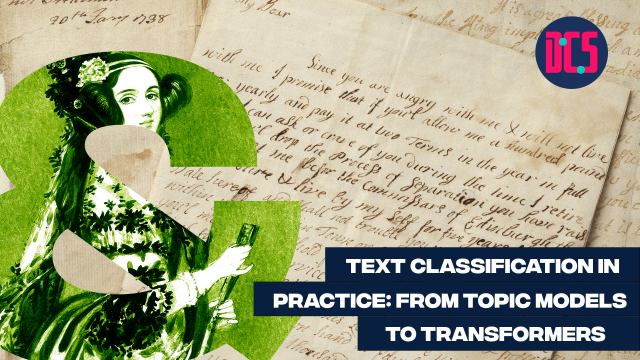Getting Started with Version Control: Introduction to Git and GitHub

In Person
The workshop will introduce researchers in Humanities and Social Science to the version control tool Git, and its usage with online platform GitHub and the GitHub Desktop app. In this workshop, you will understand what version control is and why Git is a great tool to do it, learn how to use the GitHub Desktop app for version control and collaboration, and explore the interface of GitHub to make best use of openly shared data, code, scripts and documents. We will demonstrate how to edit files and make commits while working together to the same repository.
This is a beginner level course. No previous knowledge on the topic is required/expected and the trainer will cover the basics of the method.
After taking part in this event, you may decide that you need some further help in applying what you have learnt to your research. If so, you can book a Data Surgery meeting with one of our training fellows.
More details about Data Surgeries.
Those who have registered to take part will receive an email with full details on how to get ready for this workshop.
If you’re new to this training event format, or to CDCS training events in general, read more on what to expect from CDCS training. Here you will also find details of our cancellation and no-show policy, which applies to this event.
This workshop is connected to the course Build Your Personal or Project Website with GitHub Pages.
Return to the Training Homepage to see other available events.
Digital Scholarship Centre
Digital Scholarship Centre, 6th floor
Main Library
University of Edinburgh
Edinburgh EH8 9LJ












